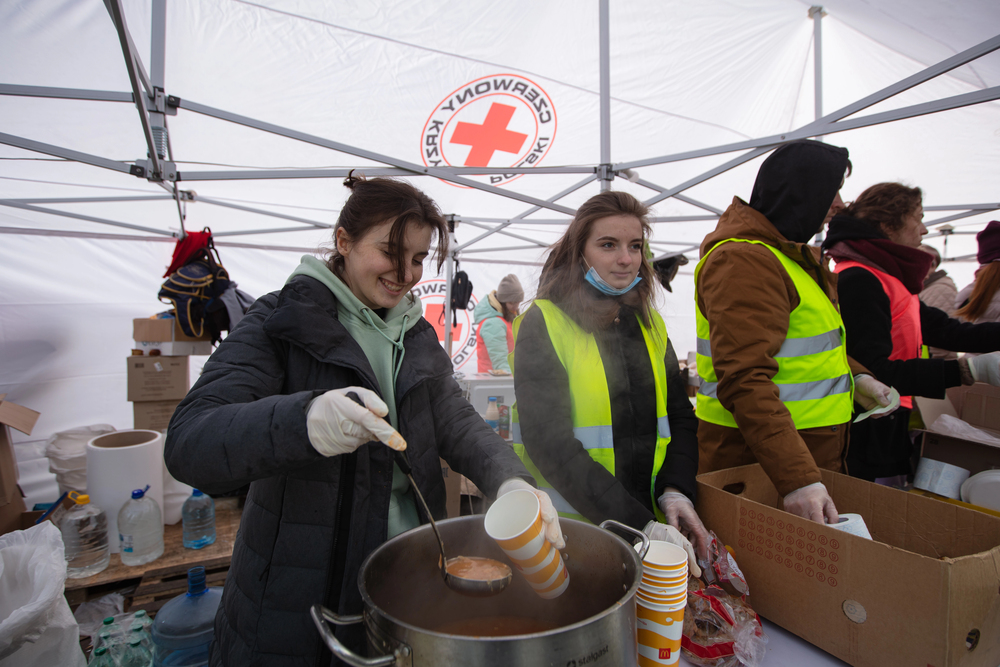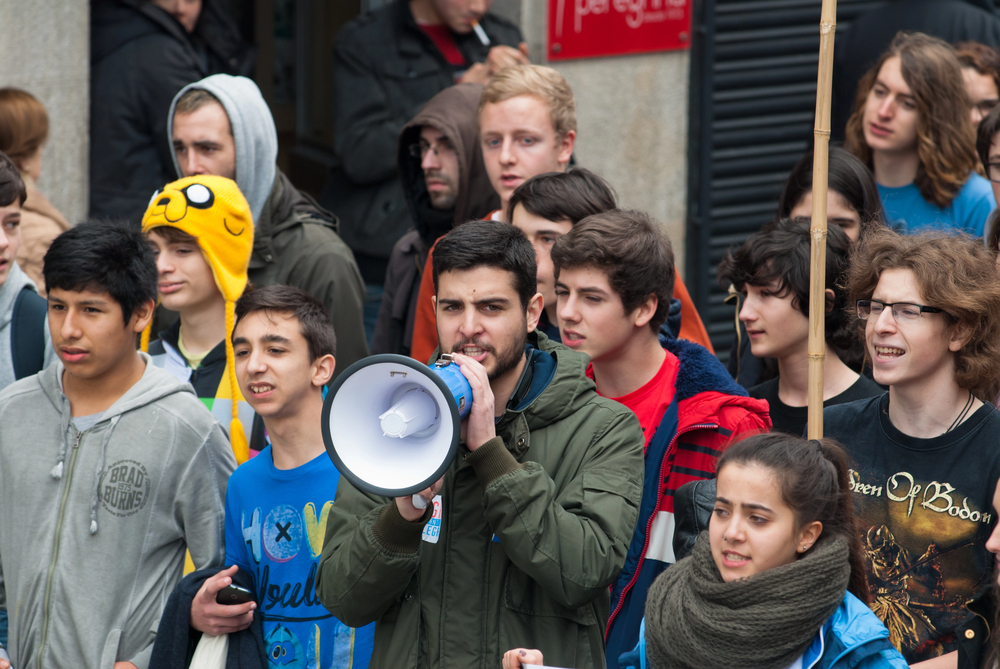
Is it possible to witness mass starvation, political scandals, and attacks on academic freedom without feeling utterly powerless or losing your sense of hope? The headlines coming out of Gaza, Washington, and even the halls of Ivy League universities seem engineered to fray nerves and stir outrage. But beneath the shock and heartbreak, there are ways to stay informed, compassionate, and resilient without burning out.

1. Gaza’s Starvation Crisis: When Aid Isn’t Enough
The statistics are appalling: one-third of Gazans are going hungry for days on end, and 90,000 women and children need treatment immediately. Humanitarian airdrops such as those recently promised by Israel, the UAE, and Jordan have been called “not enough” by Médecins Sans Frontières and other aid organizations. The World Food Programme reports malnutrition rates are on a “dangerous trajectory,” with at least 133 starvation deaths since the conflict started. Even as Israel halts military actions for short hours to permit aid in, experts contend, “there must be a ‘surge’ in aid to reach hungry people without delay.”

Juliette Touma of UNRWA states point-blank: “We have the network, the reach, and the trust of the community.” But airdrops alone, which tend to drop into militarized areas, cause desperate civilians to risk their lives for food. “This is not a long-term solution, it’s like giving a painkiller to a cancer patient without curing them,” says Ahmad Taha, a shopkeeper in the north of Gaza. Aid agencies concur that only unrestricted land corridors can bring sufficient food and supplies to avoid more disasters.

2. Compassion Fatigue: When the News Hurts
If you’re feeling numb, drained, or powerless after learning about humanitarian crises, you’re not alone. Humanitarian professionals, reporters, and even regular consumers of the news are subject to what professionals refer to as “compassion fatigue.” Symptoms range from anxiety to insomnia to full-on physical illness. As research shows, “vicarious traumatization can result from direct work with survivors, yet burnout in humanitarian professionals results from pathological organizational behavior replicated in the outer world characterized by chaos, disillusionment, and terror.” The best part? Support, understanding, and healthy coping skills can pay off. As trauma advisor Glenn Goss describes it, “Good clinical supervision, staff care and group support can allay symptoms of vicarious trauma.” For those observing from the sidelines, it’s all right to take time out, concentrate on positive steps, and get support from others in the community. Compassion, satisfaction the feeling of purpose from serving others can and should exist alongside burnout, particularly when you counterbalance action with self-care.

3. Political Scandals and the Maxwell Pardon Debate
The political sphere isn’t providing much solace either. The controversy regarding whether Donald Trump could pardon Ghislaine Maxwell has “split his base in two,” say pundits. The spectacle of right-wing influencers reveling in the interrogation of Maxwell, or employing it as a cover story for openness, only served to create more conspiracy theories and panic. As Benny Johnson, a Trump-supporting podcaster, proclaimed, “This is what transparency looks like.” Others are cautioning that Maxwell’s cooperation is selfish and that any pardon would “rip his base in two.” The constant revolving door of scandals, cover-ups, and partisan spin can leave even the most active citizens cynical and burdened. Experts urge people to limit their exposure to sensationalist news and focus on reputable, fact-based sources to avoid political fatigue.

4. How to Stay Politically Engaged Without Losing Your Mind
So how do you stay informed and active without succumbing to stress or despair? Psychiatrist Michelle Riba suggests a five-step process: 1) Pay attention to the amount of time you spend on political material, 2) Watch your environment when giving opinions, 3) Remain receptive to other perspectives, 4) Back off from debates that prove to be overwhelming, and 5) Periodically self-reflect on motives and emotional well-being. “While it’s helpful to know what’s happening in our nation and the world, you have to take care of yourself and your mental health as well,” Riba counsels. Establishing limits around news consumption and concentrating on what you can do such as voting or volunteering, can restore a sense of control.

5. Academic Freedom Under Siege: Columbia’s Crisis
Even the ivory towers are not exempt. Columbia University’s recent surrender to federal demands hiring public safety officers with arresting powers, prohibiting masks at demonstrations, and subjecting academic departments to receivership has been labeled “a disaster for Columbia students, faculty, and staff, as well as for academic freedom, freedom of speech, and the independence of colleges and universities nationwide.” AAUP president Todd Wolfson cautions, “Never in the history of our nation has an educational institution so thoroughly bent to the will of an autocrat.” The agreement, which included a $200 million payment and a laundry list of policy reforms, is viewed as a pernicious precedent. “Granting the government the ability to surveil and ultimately control decisions regarding hiring faculty and accepting students is a breathtaking violation of the autonomy of colleges and universities and paves the way for the ideological repression this administration so desperately desires.” Faculty and students are holding rallies, press conferences, and lawsuits to protect their rights, but the atmosphere is still charged. Scholarly autonomy, once regarded as inviolable, is now threatened by political and economic pressures.

6. Everyday Actions: How You Can Make a Difference
It’s tempting to despair of individual efforts against world crises. But experts and activists recommend the cumulative power of multiple people working together. Support credible humanitarian agencies, promote open scholarly inquiry, and defend civil liberties in your own community. Even modest actions such as writing to your lawmakers, participating in campus advocacy organizations, or volunteering in your community can have a ripple effect. And don’t discount the power of simply witnessing and refusing to look away. We invite all the nations of the world, without exception, to immediately lift the blockade, permanently open the border crossings, and permit the entry of baby milk and aid to over 2.4 million people besieged in the Gaza Strip,” said one Palestinian merchant.

7. Protecting Your Well-being: Tools for Resilience
In seasons of perpetual crisis, self-care is not selfish; it’s necessary. Cut back on doom scrolling, take digital detoxes, and invest in activities that renew your energy and hope. Mindfulness, meditation, and spending time with trusted friends can help you work through tough feelings. If you’re finding it hard, call on a mental health professional or support groups. And remember, resilience is constructed not by avoiding suffering, but by meeting it with compassion for other people and for yourself.

In a world where headlines seldom provide comfort, it is possible to remain engaged, informed, and hopeful. Even in the blackest darkness, small acts of courage, care, and community can illuminate the path ahead.


